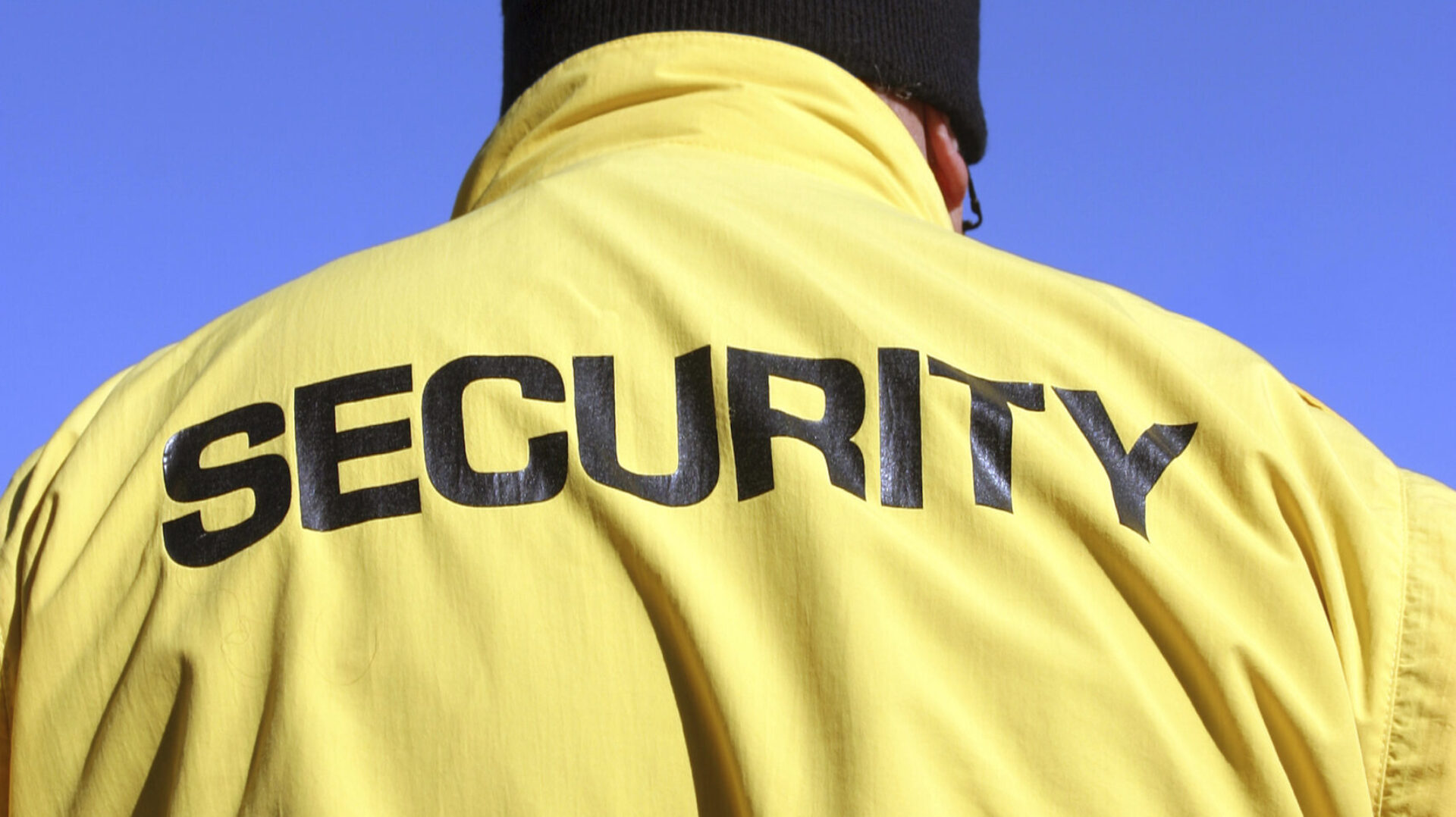The tragic events at the Honduran consulate in Georgia underscore a broader, often overlooked reality: security guards are no longer just night watchmen tasked with monitoring empty spaces. In an era of tightened budgets and increased responsibility placed on private property owners, these individuals are increasingly becoming the first line of defense in high-risk, real-world scenarios. As public spending on law enforcement shrinks and private sectors assume greater responsibility for safety, the demand for cost-effective security solutions has surged. But this raises critical questions. Is the “lowest-price” model for hiring security guards truly sustainable, or does it invite vulnerability, as seen in this devastating case? Investing in better training, higher wages, and more rigorous vetting for security personnel could not only enhance the safety of those they protect but also ensure that these guards are equipped to handle the complexities of modern security challenges. The industry, stakeholders, and society must confront this shift and weigh whether cost-saving measures justify the potential risks to lives and property.
On January 6, 2025, a tragic shooting occurred at the Honduran consulate in Doraville, Georgia, resulting in the death of a Mexican security guard and injuries to another individual. The incident unfolded around 2:30 p.m. near the consulate’s front entrance. Doraville police responded promptly, apprehending a suspect at the scene. The motive behind the shooting remains unclear, and authorities are actively investigating. The Mexican government has pledged support to both local authorities and the victim’s family, emphasizing the need for a transparent investigation.
